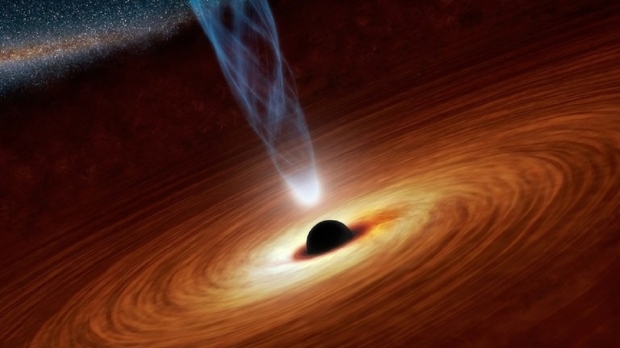A "supermassive" black hole has been discovered by astronomers who were observing a dwarf galaxy with NASA instruments.
The discovery was announced during a virtual meeting of the American Astronomical Society on Monday, and according to the announcement, the astronomers have discovered a black hole that has a mass of around 200,000 times the mass of the Sun. Astronomers used NASA's Chandra X-ray Observatory to observe eight dwarf galaxies and found that within the galaxy named Mrk 462 contained a supermassive black hole that's actively feeding.
According to a report by RT, the discovery is one of the first times that researchers have been able to observe an "obscured" black hole within a galaxy that only has a few hundred million stars. Researchers detected the X-ray signature from the black hole within Mrk 462, and based on the acquired data, astronomers believe the black hole is "heavily obscured" by gas and clouds of dust.
"Because buried black holes are even harder to detect than exposed ones, finding this example might mean there are a lot more dwarf galaxies out there with similar black holes," co-lead researcher Ryan Hickox said in a NASA statement.
While the black hole at the center of Mrk 462 is classified as "supermassive", researcher Jack Parker states that it's "among the smallest" of its kind.



